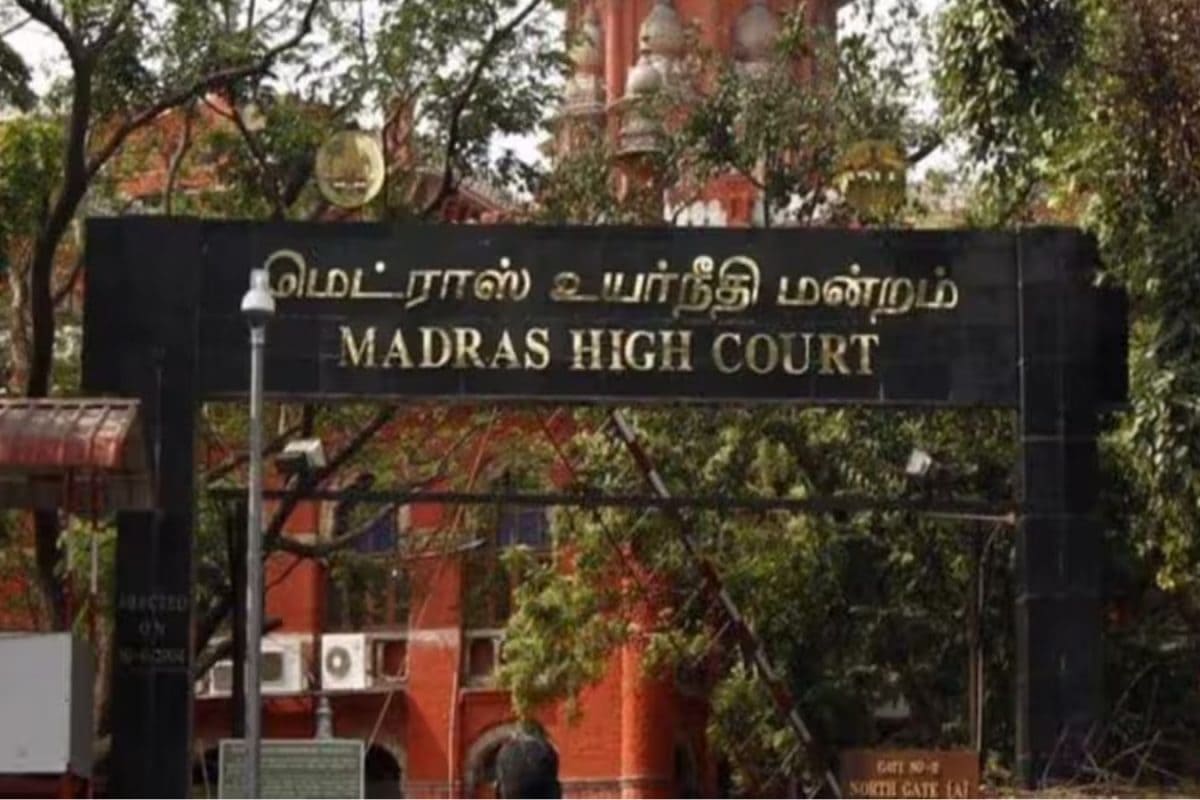

The Madras High Court has ruled that phone tapping, even for the purpose of crime detection, constitutes a violation of an individual's fundamental right to privacy, unless it is strictly justified under a procedure established by law. In a significant verdict delivered on Wednesday, Justice N. Anand Venkatesh quashed a 2011 phone-tapping order issued by the Union Ministry of Home Affairs (MHA), stating that the law does not permit tapping telephonic conversations or messages for covert operations aimed at detecting crimes.
The ruling came in response to a petition filed by P. Kishore, the former managing director of Everonn Education Ltd., who challenged the MHA's order from August 12, 2011, which authorized the interception of his mobile phone under Section 5(2) of the Indian Telegraph Act, 1885, and Rule 419-A of the Indian Telegraph Rules, 1951. The surveillance was ordered in connection with a CBI investigation into an alleged ₹50 lakh bribe to a senior Income Tax official.
Justice Venkatesh emphasized that corruption cases must be investigated lawfully and that constitutional protections cannot be bypassed, even in serious crimes. He clarified that the existing provisions of the Telegraph Act and Telegraph Rules do not permit covert interception of phone calls or messages merely to detect the commission of a crime. Such surveillance is permissible only in cases of public emergency or in the interest of public safety. The court noted that the right to privacy has evolved into a fundamental right since the Supreme Court's judgments in cases such as Gobind vs the State of Madhya Pradesh, PUCL vs Union of India, and the Puttaswamy judgment.
The court observed that Section 5(2) of the Indian Telegraph Act, 1885, allows for phone tapping only during a public emergency or in the interest of public safety. It cannot be misused for regular criminal investigations. The judge termed Section 5(2) as the "Lakshman Rekha" for resorting to phone tapping, which is an invasion of the right to privacy, now recognized as an integral part of the fundamental right to life and personal liberty guaranteed under Article 21 of the Constitution. The court stated that it is the gatekeeper of fundamental rights and cannot become a gate maker to reposition the gates as and when the executive requires without the intervention of the legislature.
The MHA had argued that the phone tapping order was passed in strict compliance with Section 5(2) of the Telegraph Act and Rule 419-A of the Telegraph Rules, claiming that the petitioner was having a conversation about committing an offense, and it was intercepted in the interest of public safety to prevent further incitement. However, the court made it clear that the state's justification for surveillance—the need to detect corruption—did not meet the legal threshold required to invade an individual's privacy through phone tapping. The court also highlighted that the review committee was empowered to order the destruction of intercepted materials if they were convinced that they had been collected in violation of Section 5(2). Therefore, such material could not be used by the CBI for any purpose.